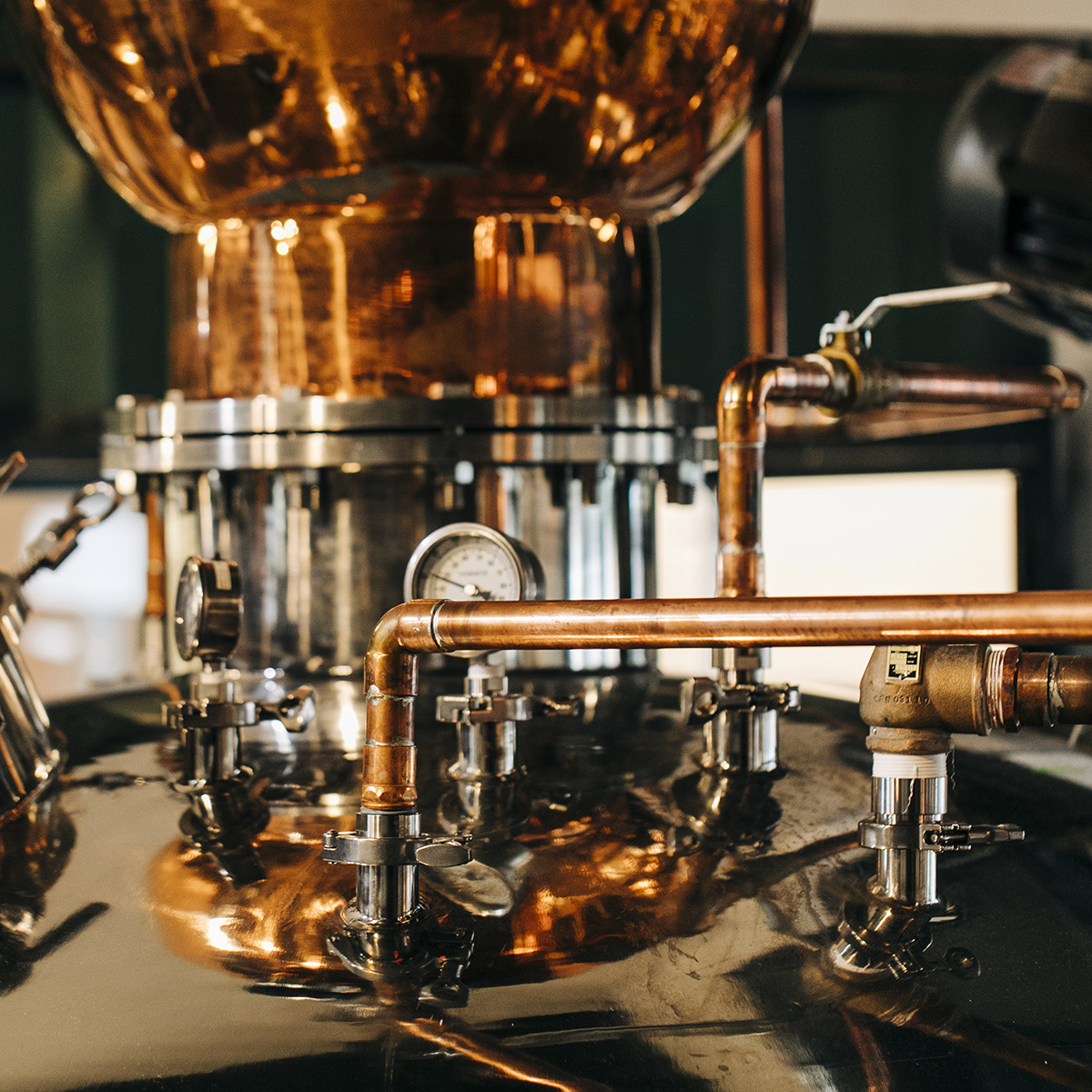- In North Carolina, bars and restaurants interested in purchasing spirits must place an order through the ABC warehouse system.
- However, due to limited space, the state ABC system says a spirit has to have a $3,500 annual profit to get a spot in the warehouses.
- The N.C. Distillers Association says local distillers should be allowed to self-distribute their products to bars, restaurants, and hotels.
In a summer memo, distillers were informed that the North Carolina Alcoholic Beverage Control (ABC) board would not accept any new product listings due to “warehouse constraints.”
ABC Chairman Hank Bauer believes that new facilities are needed to address the space issues. In the memo, Bauer states, “I apologize for the situation we are in due to our current warehouse restrictions. I believe this will continue to be an issue until the state builds an adequate facility to support the spirits business in North Carolina.”
To address space and capacity issues, ABC has introduced a profit threshold limit for products stored in warehouses in Wake County. National products that generate less than $20,000 in annual profit and North Carolina products that generate less than $3,500 in annual profit will be delisted and removed from ABC warehouses.
In North Carolina, bars and restaurants interested in purchasing spirits can do so by placing an order through the ABC warehouse system via their local ABC board. Once the order is processed, the requested products are delivered to the local ABC board and picked up by the respective bar or restaurant.
According to the Distillers Association of North Carolina, the state is home to 104 distillers, yet they account for just about 2% of the total spirits sales. Patrick Ballantine, a representative of the Association, suggests that North Carolina distillers should be granted the ability to self-distribute their products to bars, restaurants, and hotels. This proposed change would provide distillers with more flexibility and alleviate the strain on ABC warehouses.
“We need to have some kind of temporary fix, and that would be to self-distribute to bars and restaurants. They call them MXB’s, mixed beverage permittees.” says Ballantine “North Carolina products that are not on the warehouse list, are obviously not going to survive.”

Unleashed, a software company, reports that there are currently over 2,000 craft distilleries operating in the United States, and this number is on a rapid rise. These distilleries are considered small businesses. Ballantine highlights the significant positive impact of this industry in North Carolina.
“It’s a lack of forward thinking on the part of the ABC system to look ahead and realize we we’re going to have a problem with warehouse space,” he said. “There was no plan that we can tell, and the result is just devastating to a new and growing industry that provides so much to the state with tourism, employment, and taxes.”
Proposed legislation provided to Carolina Journal would allow distillers to sell up to 5,000 proof gallons of spirituous liquor annually to restaurants and bars with mixed beverage permits. Additionally, the draft legislation includes a provision for a five-year program sunset.
Rhonda Glass with End of Days Distillery in Wilmington and a board member of the Distillers Association says that while her company won’t see a big impact from the new threshold limits, she is still very concerned about the changes.
“As a company we see the value in the North Carolina distilling industry as a whole, we are very passionate about it,” Glass said. “This is representative of the larger issue at hand, that there is nothing easy about being a distiller in North Carolina.”